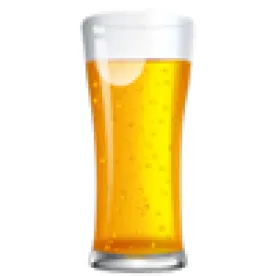In a recent interpretation letter, an employer posed the following scenario and question to OSHA:
As the result of a workplace accident resulting in an injury to an employee that required medical treatment, a post-accident drug and alcohol test was administered. The alcohol test revealed the injured employee was intoxicated. “Does this injury meet the exemption in Section 1904.5(b)(2)(vi), given the worker was self-medicating with alcohol for his non-work related condition of alcoholism?”
Under OSHA’s recordkeeping requirements, section 1904.5(b)(2)(vi) states “You are not required to record injuries and illnesses if the injury or illness is solely the result of personal grooming, self-medication for a non-work-related condition, or is intentionally self-inflicted.”
The employer inquired whether alcohol could be considered self-medication and therefore meets the exemption for work-relatedness. OSHA determined that the exemption did not apply, stating, “The [Office of Occupational Medicine and Nursing] physicians concluded that the intake of alcohol does not treat the disorder of alcoholism. Instead, drinking alcohol is a manifestation of the disorder. Accordingly, the injury described in the scenario above does not meet the exception in Section 1904.5(b)(2)(vi) for self-medication.”
Additionally OSHA noted that it did not adopt an exemption in the final rule for “employees engaged in illegal activities, horseplay, or failure to follow established work rules or procedures” because doing so was inconsistent with the agency’s position on the geographic presumption for work-relatedness. And, “recording such incidents may serve to alert both the employer and employees to workplace safety and health issues.




 />i
/>i

